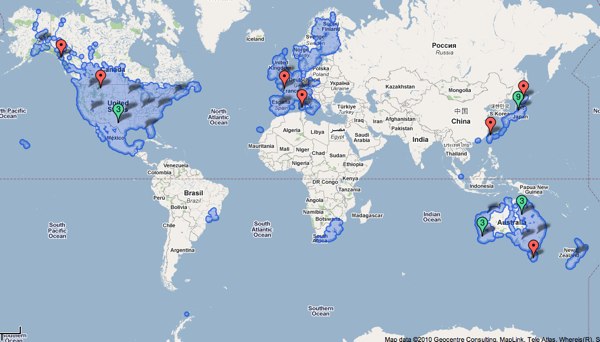about
vveather is by sean salmon. vveather is interesting. vveather is changing. vveather is the same.
I am a User Experience Designer at foursquare.
a spinning beachball of death

maps of luis dourado
November 29th, 2010 at 3:38 pm 0 comments.
Untitled Map #3 by Luis Douradro
tags:art mapsgoogle street view coverage
November 15th, 2010 at 10:27 pm 0 comments.Google map showing all areas covered by Street View
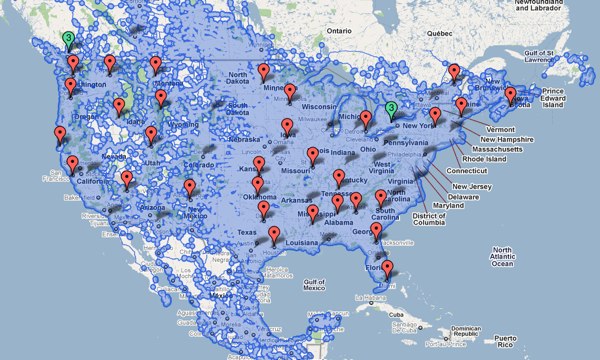
fictions
November 8th, 2010 at 7:02 pm 0 comments.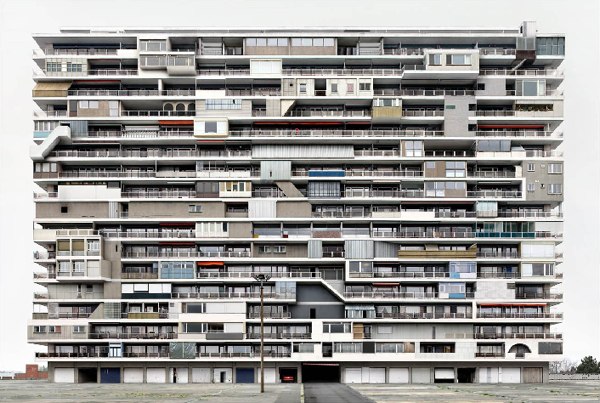
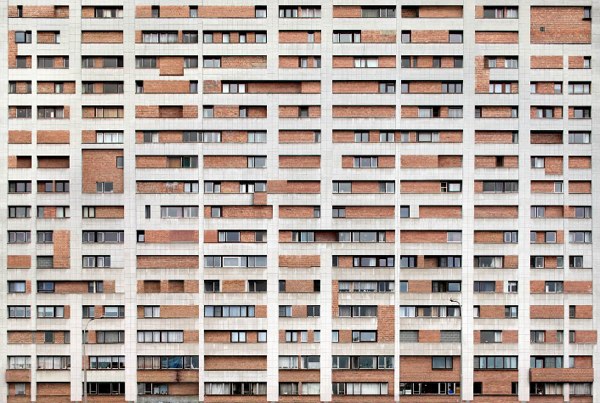
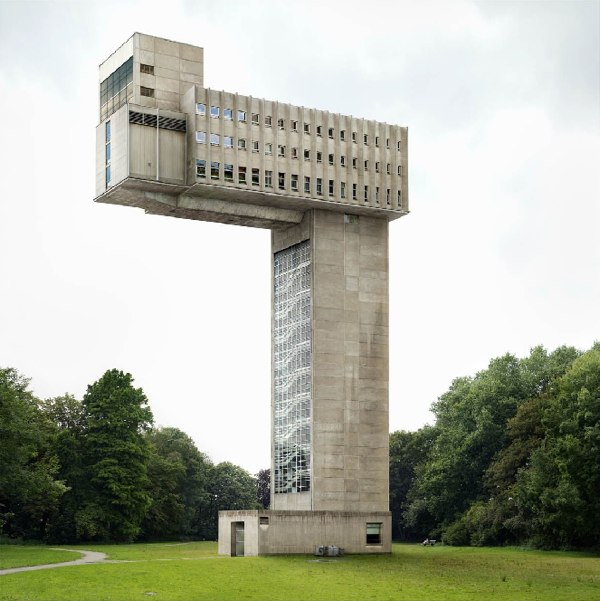
Filip Dujardin, a Belgian photographer, makes both subtle and jarring architectural photo constructions. These digital assemblages made from photographs of real buildings taken near his home in Ghent, take the ordinary and make it implausible, and interesting.
I actually want to play at being an architect, instead of only recording the buildings of others.
via Kitsune Noir and File Magazine
tags:architecture photographywhat New Yorkers call 311 about
November 2nd, 2010 at 3:25 pm 0 comments.
Wired Magazine’s graph of one week of 311 Calls
311 provides a pool of data that can get turned into usable intelligence, “a crowdsourced metropolis”
tags:city New York NYC urbanthe paranoia of finding oneself on a trap street
October 28th, 2010 at 2:47 pm 0 comments.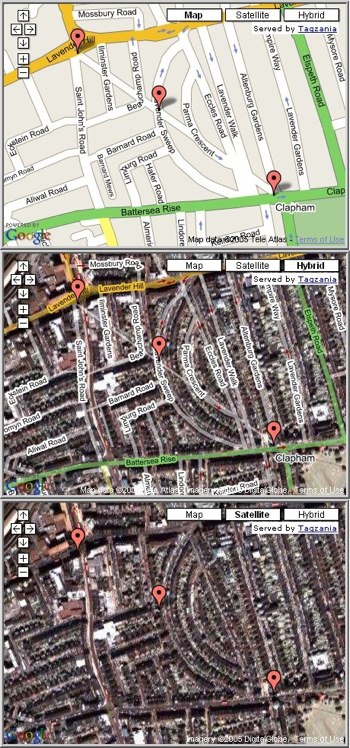
BLDGBLOG posits some possible futures of trap rooms which are the architectural equivalent of a trap street in the context of in the of interior mapping of shopping malls and the like. A trap street (examples) is a
deliberate cartographic error introduced into a map so as to catch acts of copyright infringement by rival firms.
So you put deliberately false information into your cartographic work and then monitor the maps created by competitors and watch for your honeypot cartographic features to show up on work they claim to be their own. As mentioned in the post, as the mapping of interior space becomes more widespread the introduction of trap rooms, trap corridors, trap stair etc will become commonplace as firm seek to protect their work and the deals they have made for the interior geo-data. In turn, people we be left wondering how to occupy the spaces they see in some of their maps, but not others. The best bit comes at the end,
tags:geo mapping mapsBut I’m also curious about less practical things, such as what cultural, even psychological, effects the presence of trap rooms might actually have. Games could be launched, the purpose of which is to find and occupy as many trap rooms as possible. New paranoias emerge, that the room featured above your apartment on that new app you just downloaded is not really there at all; it’s a trap room, and you can’t sleep at night, worried that you actually have no neighbors, that you’re the last person on earth and every building around you is a dream. There are panic attacks by people walking home alone at 3am when they become overwhelmed with the suspicion that they are actually walking inside a trap hall—a corridor that has never been real—losing consciousness and falling to the ground as irrational fears become too much for them.
round things
October 25th, 2010 at 11:24 am 0 comments.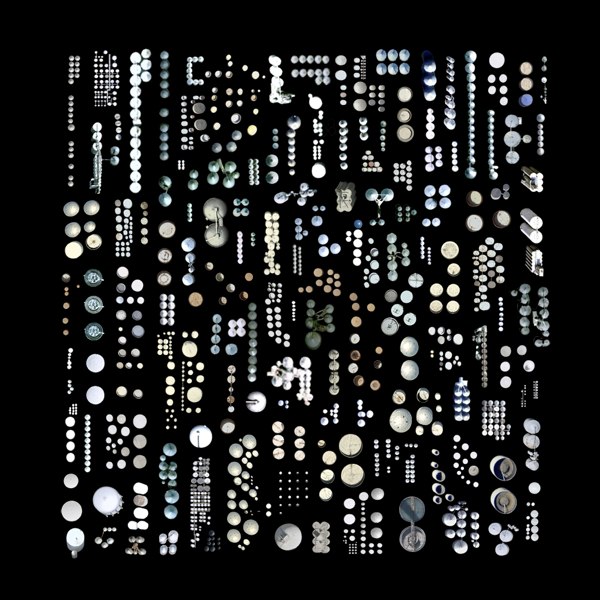
Approximately 1,376 Silos, Water Towers, and other Cylindrical-Industrial Buildings
by Jenny Odell
Be sure to check out the other satellite collections as well the ministry of approximate travel
tags:art google earth grid mapping maps travelwhat is approximate traveling? In order to travel approximately, I made use of any source of information I could find online, relying especially on Google Street View, photo databases (Panoramio, Picasa, Flickr), review sites (Yelp, TripAdvisor, CitySearch, Insider Pages), and virtual tours of monuments, restaurants, hotels, etc. I transported myself into one place after another, both by writing a travel narrative and by superimposing myself onto photos I found online. The people I “met” were disgruntled hotel reviewers, restaurant ravers, and anyone who took the time to upload their story in one form or another to a site like Google Maps.
timelapse photo of a facebook photo album
September 20th, 2010 at 11:13 am 0 comments.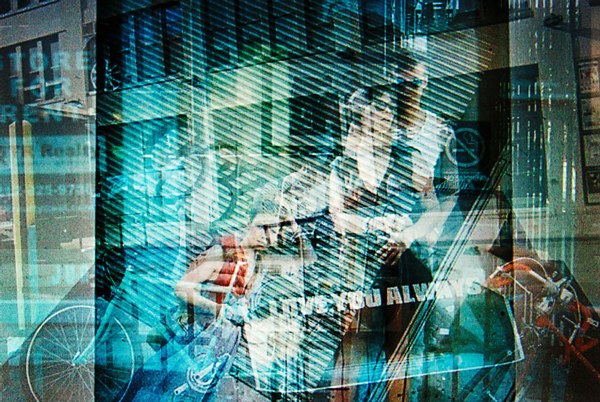
a more open place by Phillip Maisel
tags:facebook photographyGoogle maps with just the placenames
September 1st, 2010 at 7:36 pm 0 comments.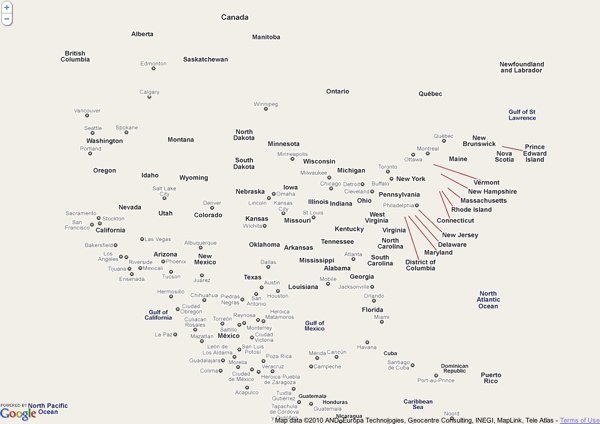
Fata Morgana by Damon Zucconi
tags:mapschemical signatures in our drinks
July 1st, 2010 at 10:00 am 0 comments.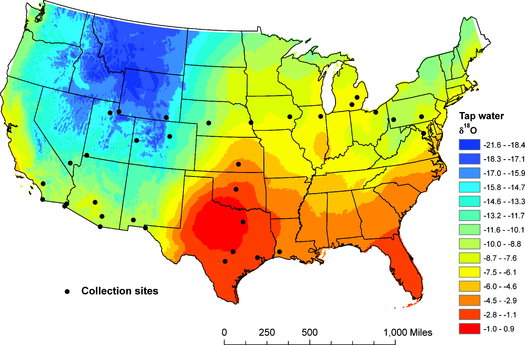
Trackable Beverages This tap water “isoscape” map shows how hydrogen and oxygen isotopes vary throughout the country. Geographic factors like latitude, altitude and proximity to coasts all play a role in this isotopic variation. The cities on the map show where the researchers tested tap water along with bottled water, soda and beer. ACS/Journal of Agricultural and Food Chemistry
These geographically specific signatures show up in human hair making a record of you travels a real possibility.
To test this theory, the scientists analyzed tap water from 33 cities and looked at isotope patterns in Dasani bottled water, Coca-Cola Classic and Budweiser. They found the beverage isotope pattern from those cities matched the tap water pattern — which makes sense, because many beverage companies produce their drinks regionally instead of in one main location. For example, if you drink a Bud in Utah, it probably came from the Anheuser-Busch plant in Fort Collins, Colo., not St. Louis.
via fresser
tags:mapping maps surveillancevolvo evolution
May 25th, 2010 at 5:39 pm 0 comments.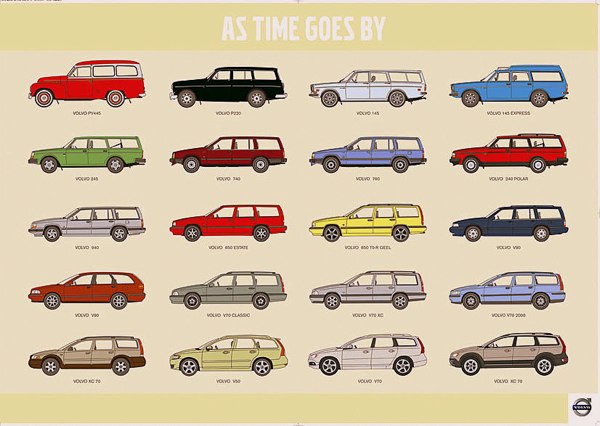
via the internet
tags:auto grid things
[ iamtheweather powered by Wordpress And is definitely Not Plastic Bag ]

